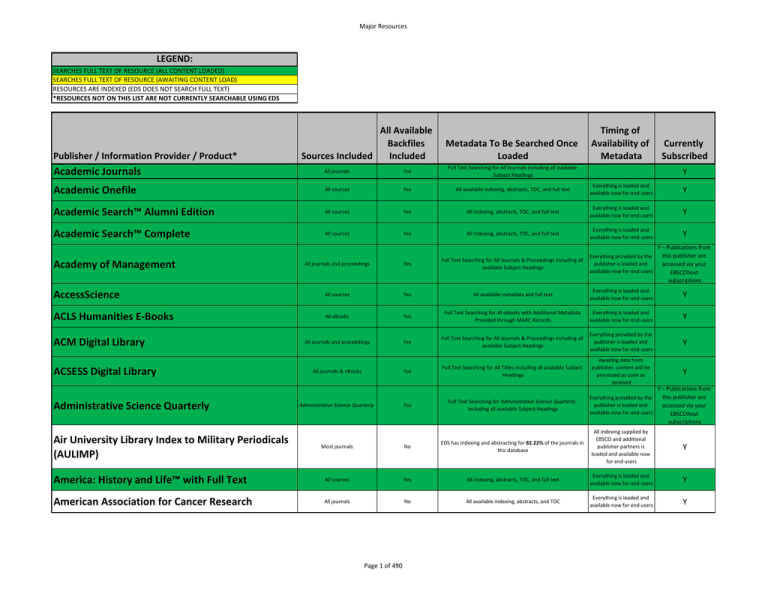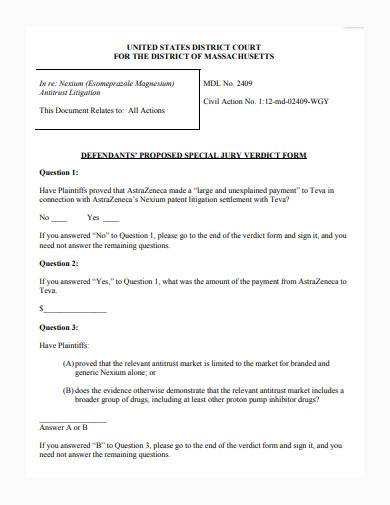
If one reviews the Common Law, one will find that for a Florida “Merchant Cash Advance” to be found to be a Loan, and subject to a state usury laws as well as licensing requirements, the advance must be repayable by a Merchant to the Funder no matter what happens and without exception. If the Merchant’s obligation to deliver the Funder future receivables is conditioned strictly upon the continuance of the merchant’s business and in turn the generating of actual receivables, the cash advance transaction will not be considered a loan and not subject to commercial usury laws or state licensing laws that apply to traditional loan transactions. In other words, at loan inception, the Florida business owner Merchant guarantees that its business will not breach any clause in the Merchant Cash Advance contract. In turn, the Merchant, agrees not to engage in fraud or other practices that intentionally denies the Merchant Cash Advance Funder its purchased receivables. Legally in Florida, if the Florida Merchant does not generate sufficient receipts due to adverse business conditions, natural disasters or other incidences beyond the control of the Merchant, the Merchant Cash Advance Funder must suffer the loss. One of the most essential components of a bona fide Florida Merchant Cash Advance rather than a traditional loan, is that the Merchant does not have to unconditionally repay the loan(s).Ī Merchant is selling its future receivables, but only to the extent that receivables are generated by the business. In other words Unconditional re-payment of a Merchant Cash Advance, is illegal in Florida.


the FUNDER must carry the loss if revenues decrease.Ī Florida merchant’s legal duty is to deliver future account receivables to the MCA Funder, but only if the business is a going concern and actually generating receivables. If the business does not generate sufficient receipts due to adverse business conditions, beyond the control of the merchant, the the losses and changes to receivables must be borne by the Funder, i.e. Remember under Florida Merchant Cash Advance law a merchant is selling its future receivables but only if receivables are in fact generated by the business. When Merchant repayment is unconditional and absolute, no matter circumstance, the Florida Merchant Cash Advance Funder is committing criminal usury because the Courts will likely rule such facts to be a loan and not an MCA. Under Florida Merchant Cash Advance law, one of the most important factors in distinguishing a traditional loan (Usury applies) from a Merchant Cash Advance in Florida is whether the Florida Merchant must repay his Merchant Cash Advance loan unconditionally (i.e. In Florida, Merchant Cash Advance law governs both Merchant Cash Advance Funders and Merchant Cash Advance Merchants.


 0 kommentar(er)
0 kommentar(er)
